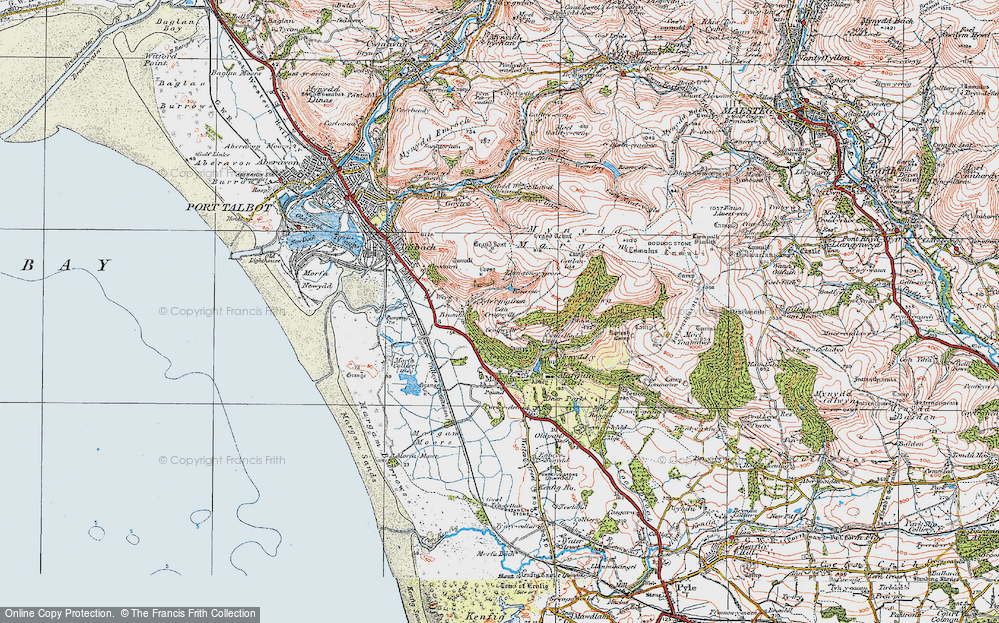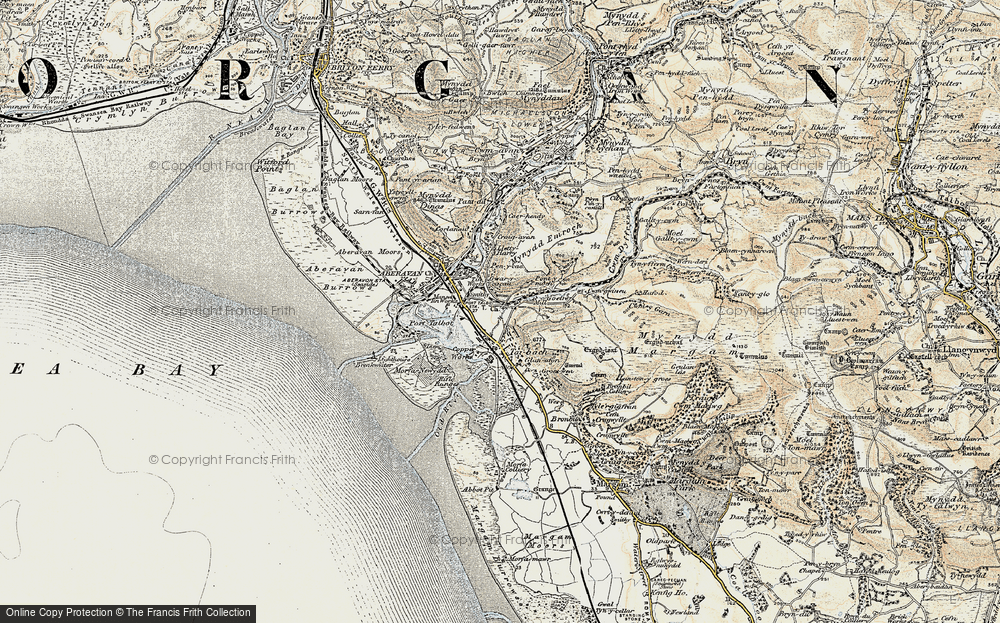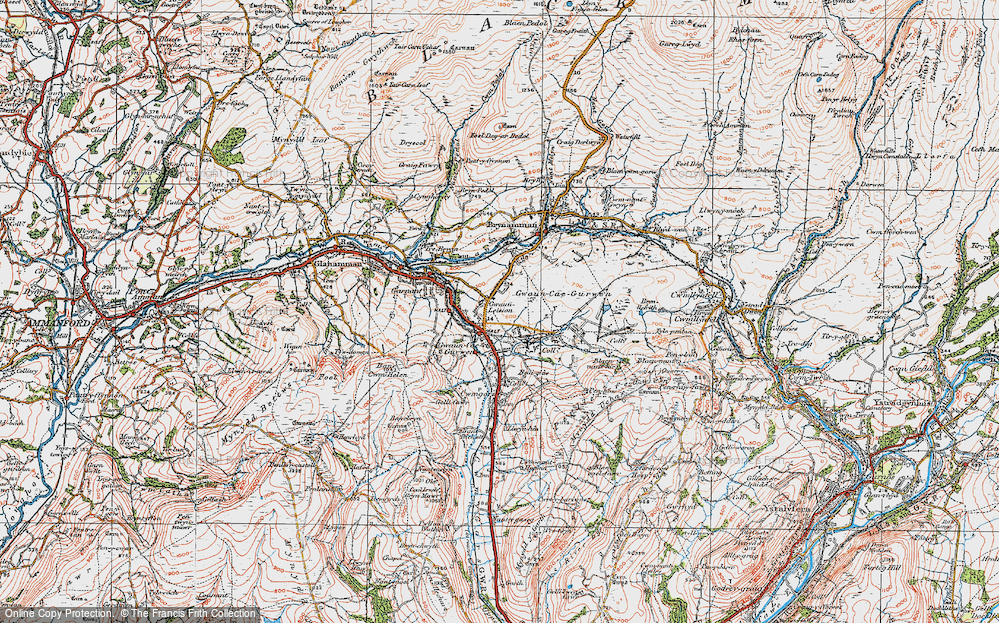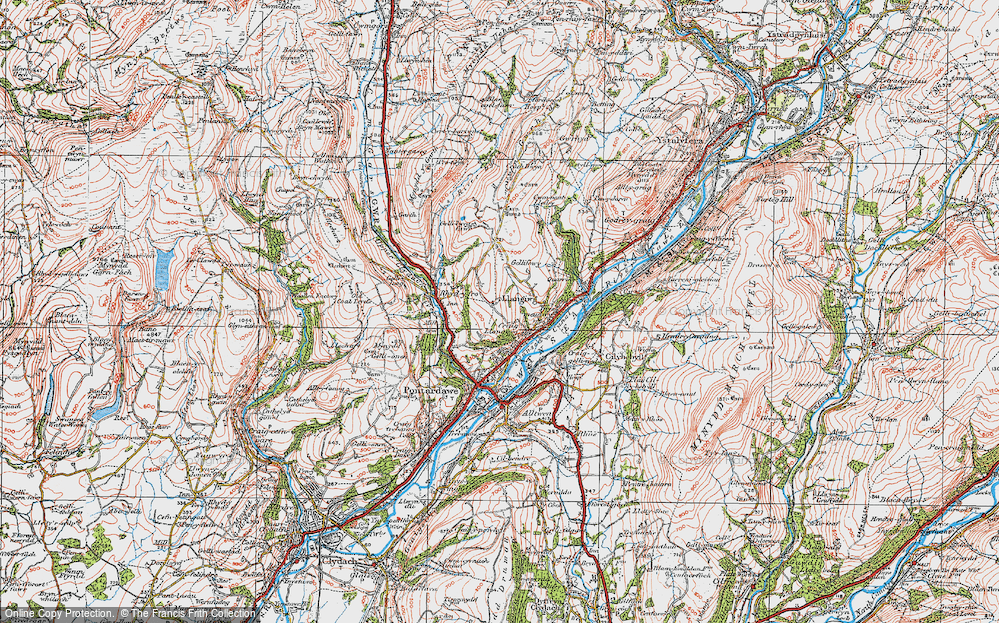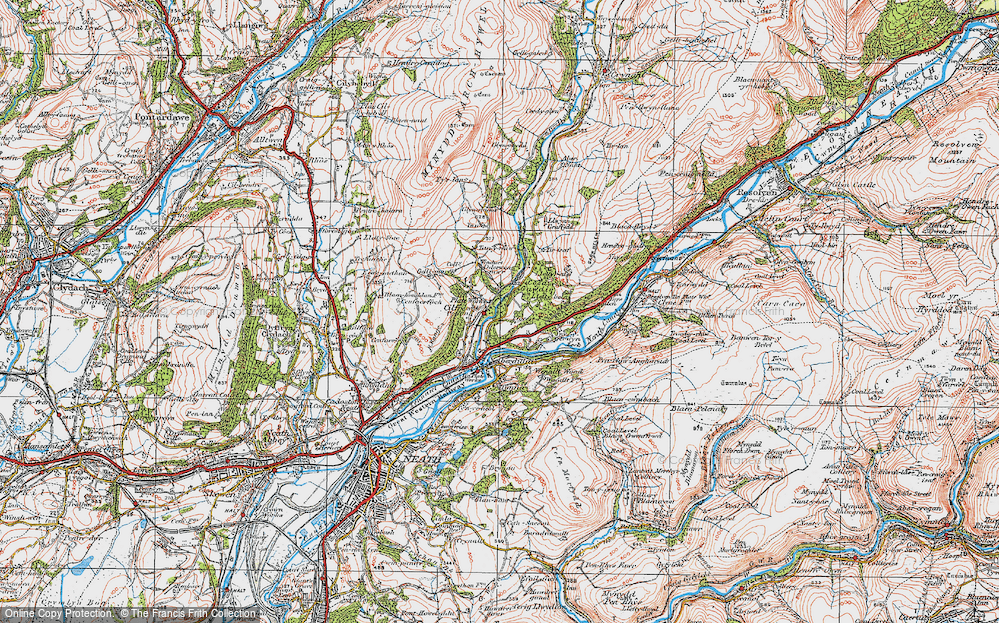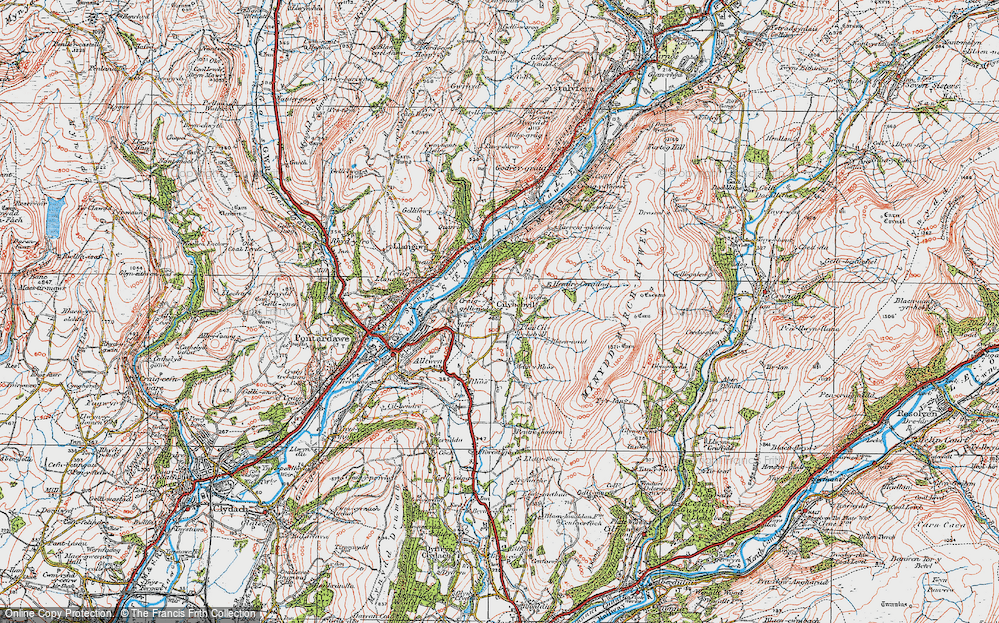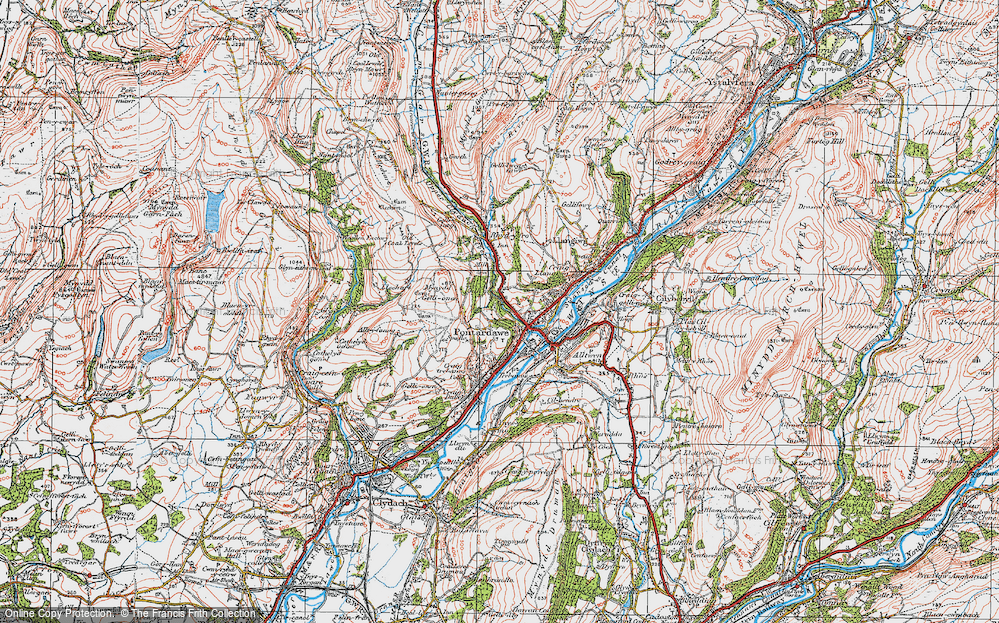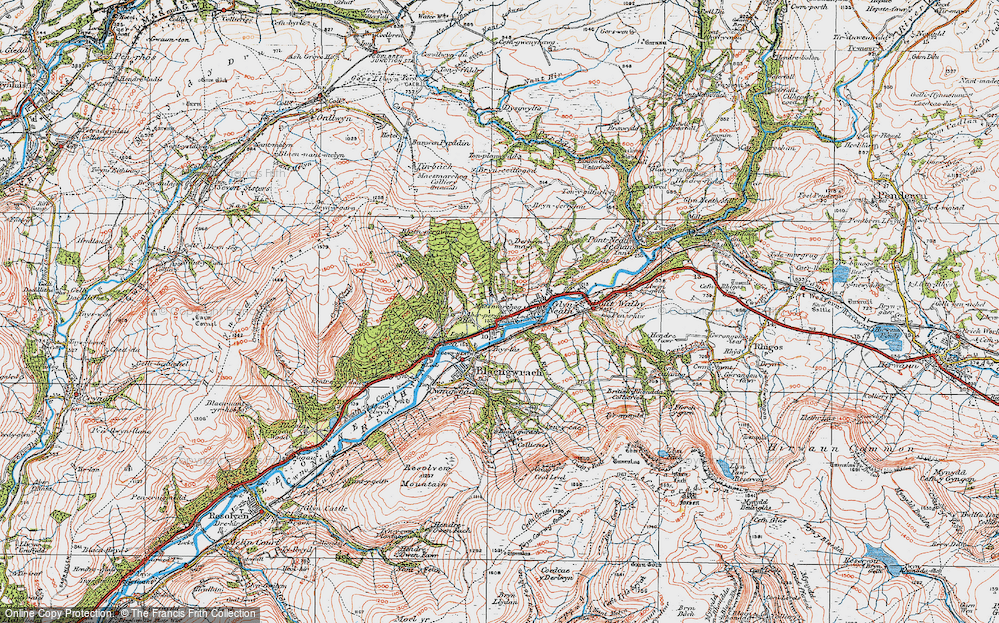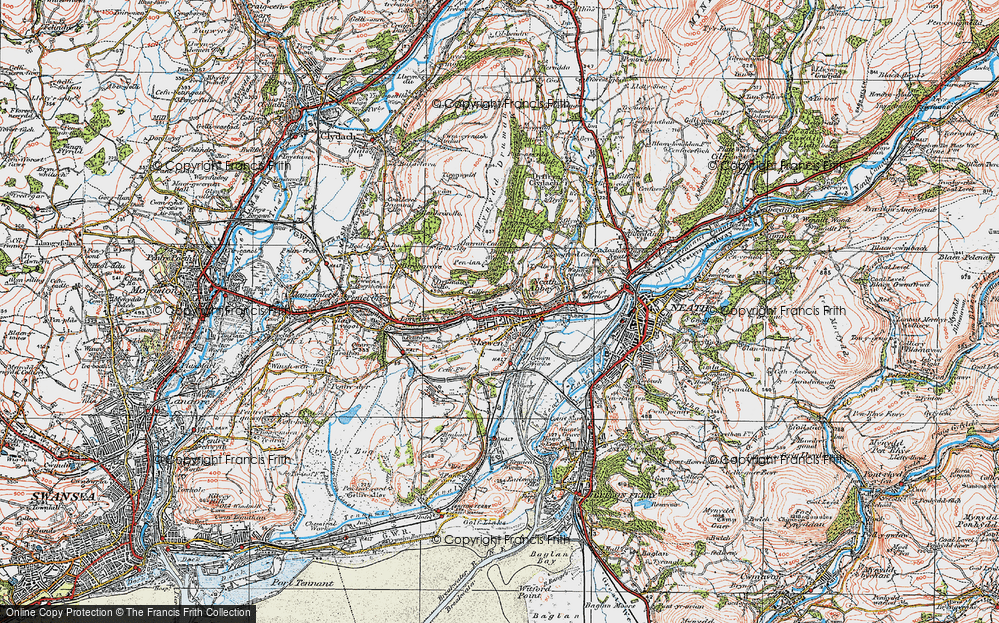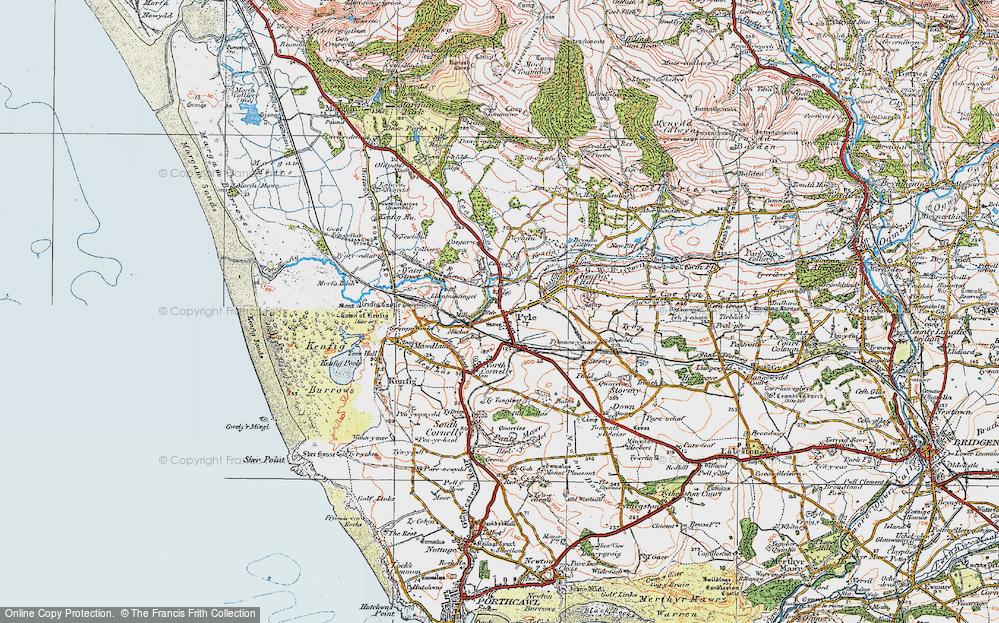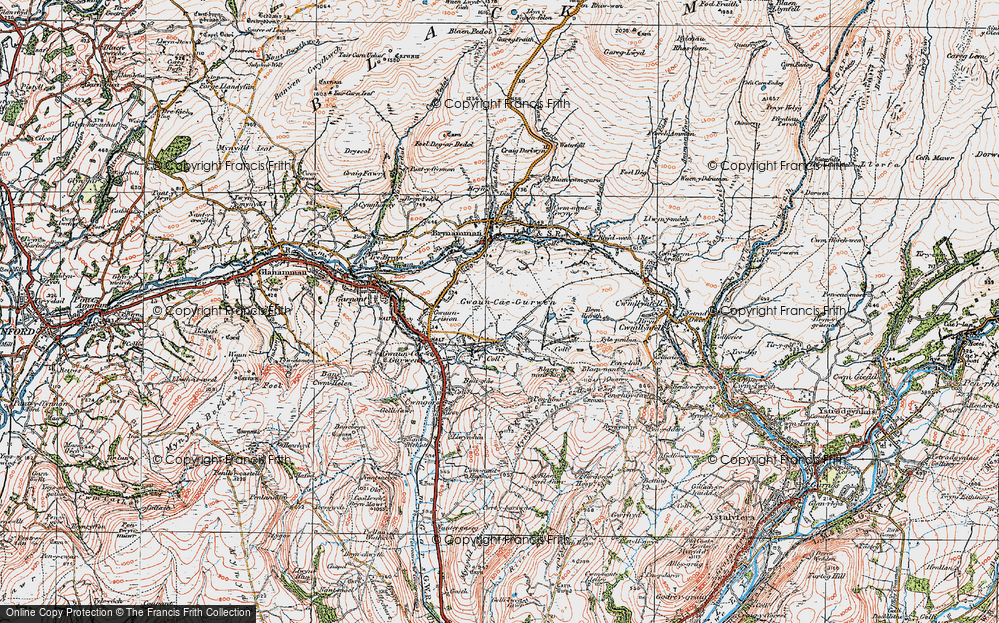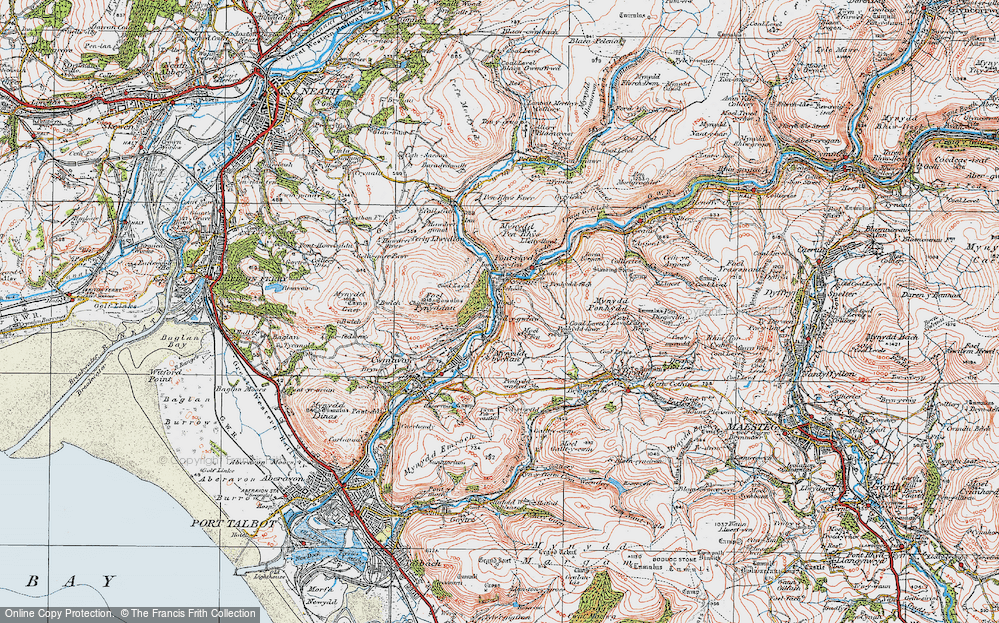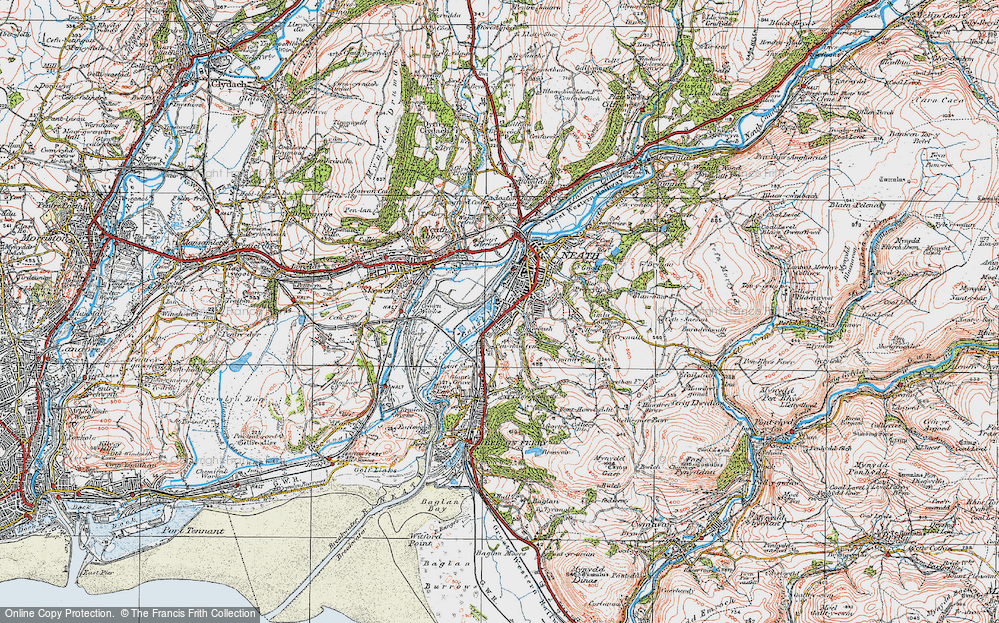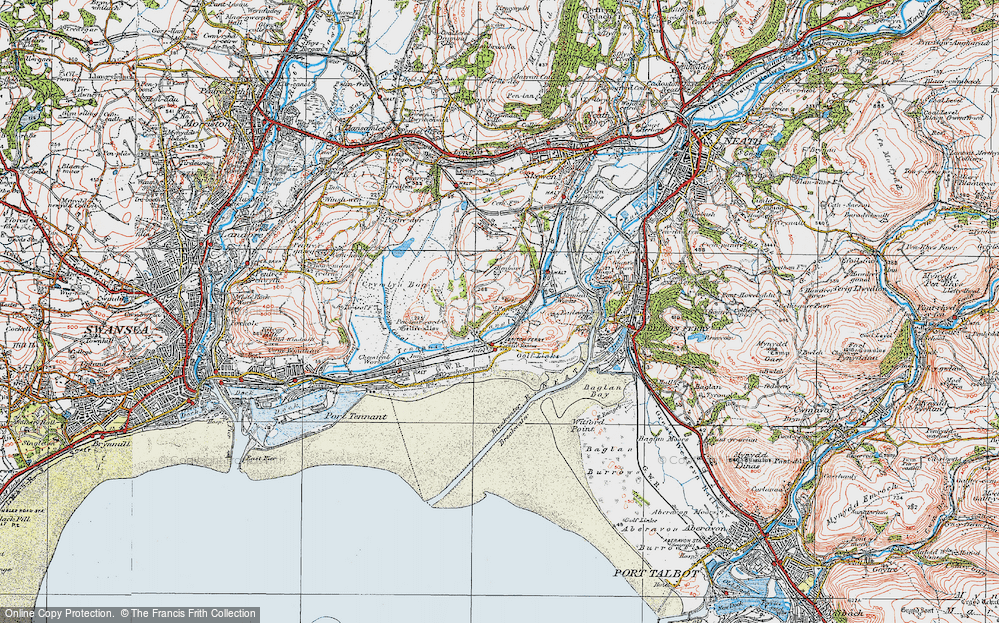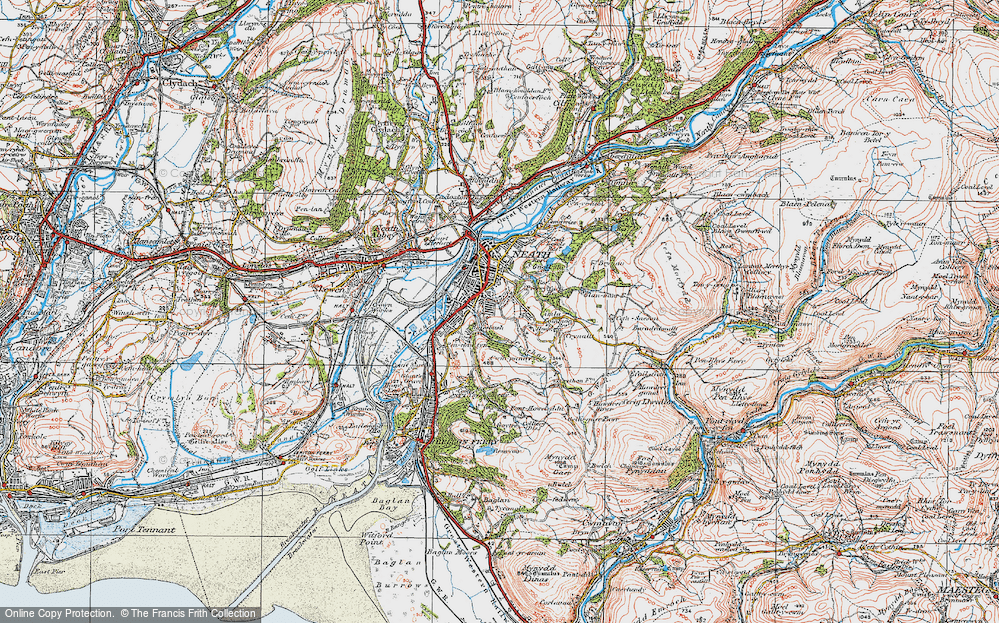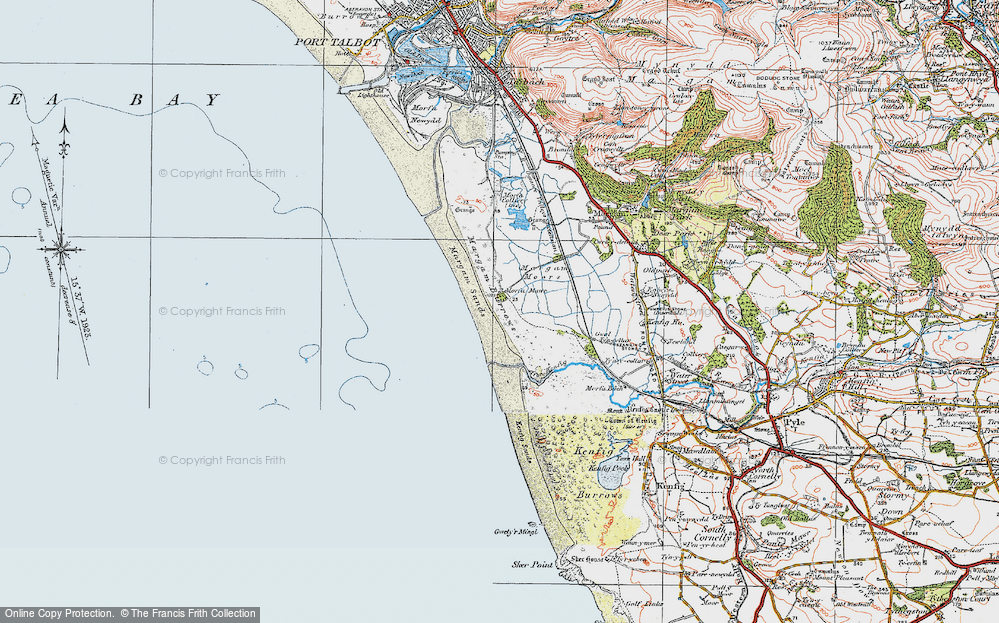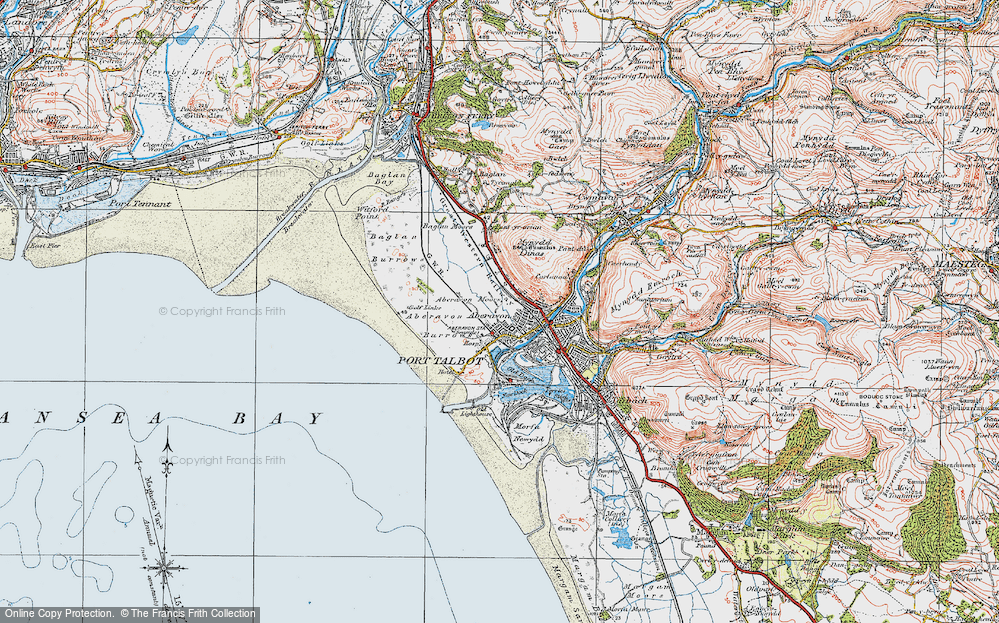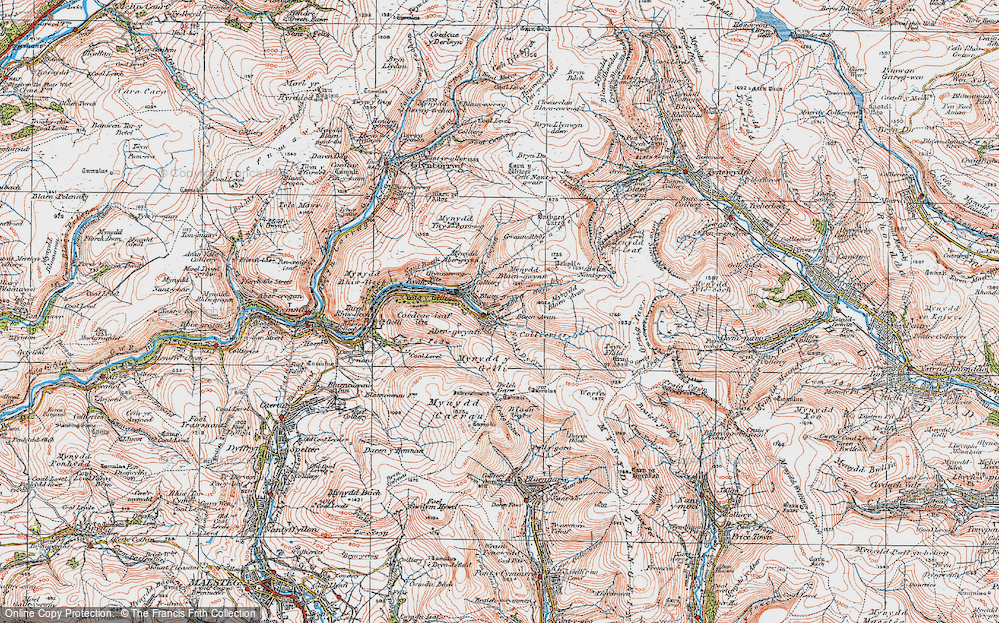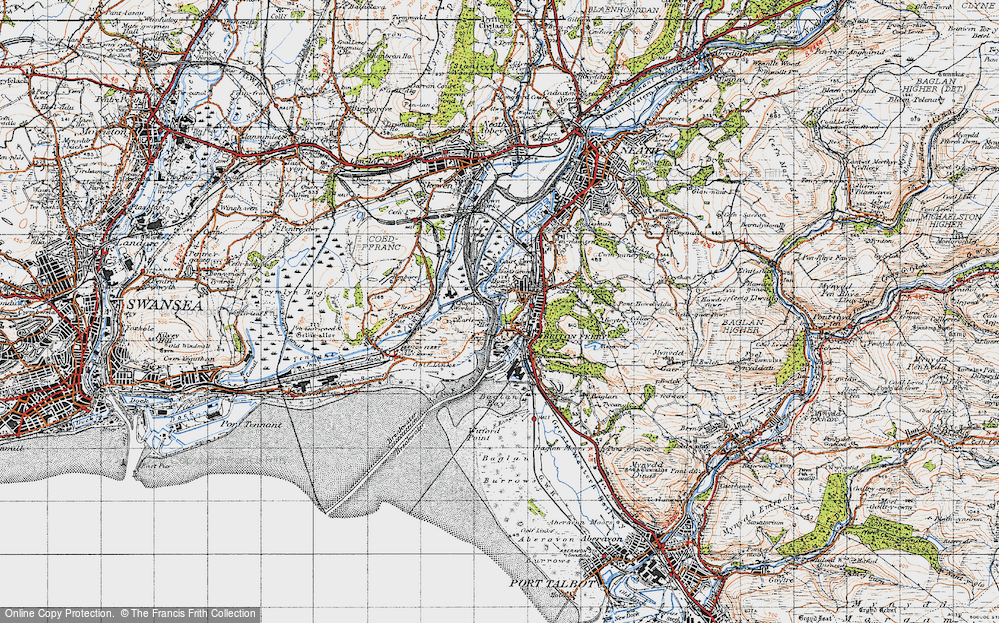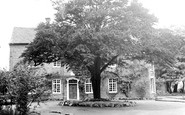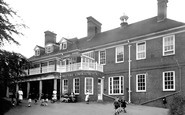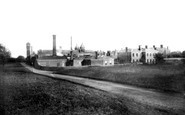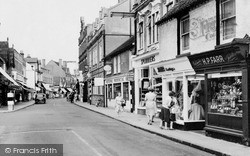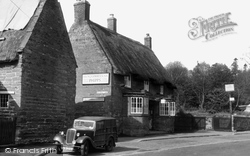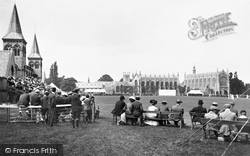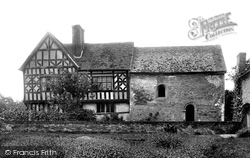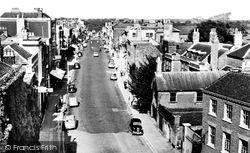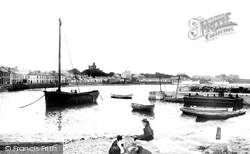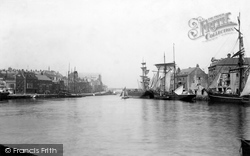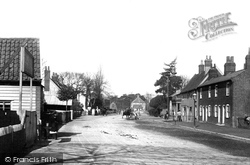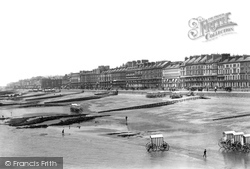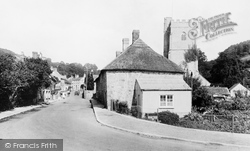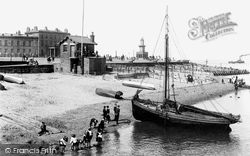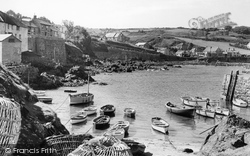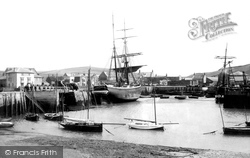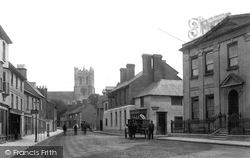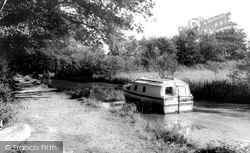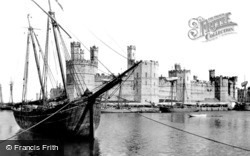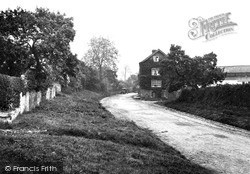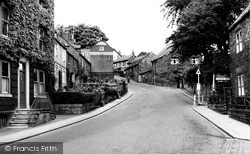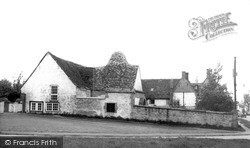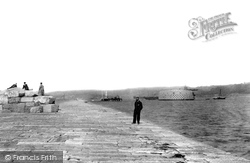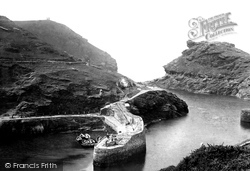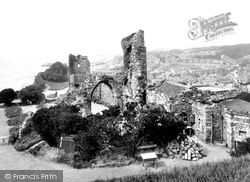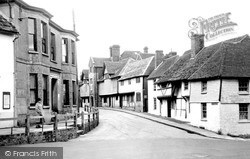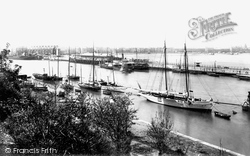Places
Sorry, no places were found that related to your search.
Photos
Sorry, no photos were found that related to your search.
Maps
670 maps found.
Books
4 books found. Showing results 697 to 4.
Memories
1,789 memories found. Showing results 291 to 300.
George Eliot's Childhood Home
Griffiths House Hotel was the home of Mary Ann Evans,(George Eliot) She based inher writings on life in Nuneaton. If you know the area well and then read her books you can relate to Nuneaton quite easily. The Work ...Read more
A memory of Nuneaton by
60's Clubs,Dance Venues And Coffee Bars In And Around Welling
During the 1960's many venues opened in and around Welling to cater for a growing music and dance culture. Teddy-boys and Rockers had frequented the Embassy Ballroom, but when Mod became ...Read more
A memory of Welling by
Dunmurry In The 60s & 70s
I lived in dunmurry for 16 years from 1960 until 1976 the things that i remember in the village were the two barber shops the first one was beside jack norths sweet shop on the bridge where as a young boy i remember being left ...Read more
A memory of Dunmurry by
Memories
i was born in 1953 in manor park my family moved to Dagenham road 1954 to a new house recently built close to the chase and a short walk to the Farmhouse Pub I can remember the steps leading up to the entrance when only 9-10yrs ...Read more
A memory of Rush Green by
Charnwood Forest Children's Convalescent Home, Summer 1950
It was July/August of 1950 when I was sent here from my home town of Hanley, Stoke-on-Trent at the age of eight, to convalesce after a serious post-operative infection. My first ...Read more
A memory of Woodhouse Eaves by
Little Folks Home
Can anyone remember the little folks home in Bexhill on sea. I was only twelve at the time, this was around 1956. I can only remember a sister Moris and nurse Hancock, I have been back to find the place in 2001 but unfortunately did ...Read more
A memory of Bexhill by
Belleville School
A lady writing on here mentioned a couple of places in Battersea that bring back memories. First of all, she mentioned Meyrick Road. I never lived there, but my mum and dad did when my mum was carrying me. My mum and dad were Mr. and ...Read more
A memory of Battersea by
Well House Ilkley
Wells house,my Nan was a retired midwife, and we used to go to Wells house, for short holidays, it was for retired nursing staff, and at Christmas, the domestic staff, where young ladies from Germany,who made wonderful Xmas wreaths, ...Read more
A memory of Ilkley by
Woodfield House
My childhood memories are locked in Brynygwenin. I lived at Woodfield House this was a semi detached house. We shared a pump where we drew our water. This was, indeed, a luxury not having too far to collect drinking water. I was ...Read more
A memory of Brynygwenin
A Month Not In This World, An Inmate Of Parkside Hospital Macclesfield
It was early summer in 1967 when suffering from a 'mental breakdown' I was admitted into Macc in the middle of the night, horror upon horror me and my mates had often talked ...Read more
A memory of Macclesfield
Captions
1,058 captions found. Showing results 697 to 720.
H P Farr, watchmaker and jeweller, took over the premises on the right shortly after the end of the Second World War, and he remained here until the mid 1960s.
In 1955 a Phipps and Company tied house, the brewery merged shortly afterwards with the Northampton Brewery Company to become Phipps Northampton Brewery Company.
Outside it has the characteristic long and short Saxon quoins. Odda died at Deerhurst and is buried in Pershore.
Outside it has the characteristic long and short Saxon quoins. Odda died at Deerhurst and is buried in Pershore.
An important sailing centre, Lymington was originally a Saxon port with shipbuilding in operation between the Norman era and the 18th century.
It was still there for the Scots planters to add their plan and get the approval of James I (the sixth of Scotland) for the new port.
The port was able to send twenty ships to Calais in 1347, thanks to the financial success of the wool trade, but its privileges were curtailed by Henry VIII in favour of Poole, and the
At this time, Felixstowe enjoyed popularity as a seaside resort, but the dream of eccentric local landowner Colonel Tomline to transform the town into a major port had not yet materialised - that was to
Hastings emerged as a seaside resort in the early 19th century, and expanded rapidly from its kernel of a fishing port and town.
Axmouth, the last coastal community wholly in Devon, was an important port until its river entrance silted up.
Fleetwood was a busy cargo port too, and the small building above the beach was for the customs officials, who kept tally on the boats moving in and out of the docks.
Smuggling was a major industry in the 18th century, with vast quantities of contraband passing through little ports such as Coverack.
West Bay is the small port of the neighbouring town of Bridport.The River Brit, which gives the larger town its name, is held back by a series of sluices and released at low tide.
Until around 1900, fishing was still a major industry in Christchurch, though its port never really developed beyond the present simple harbour.
It was also intended that there should be a canal going from Ellesmere directly to the north to reach the sea at Ellesmere Port.
It was from here and Bangor that slate from the Snowdon area was shipped to various European ports.
Lying at the end of a little lane that is a dead end, this is yet another former port that now lies, quite literally, some miles inland - the church even has an iron ring attached to it where once, so
Ruswarp, standing at the tidal limit of the River Esk, was at one time as important a port as neighbouring Whitby, and a mill was mentioned here in the Domesday Book.
A new cut was made from Swaffham Lode to Commercial End in the early 19th century for a port owned by Thomas Bowyer.
The completion of the Breakwater in 1844 after 32 years' work secured Plymouth's standing as a major port.
The natural setting of this small port between cliff faces is idyllic. This picture shows how effectively it provides safe shelter for the limited number of craft it can hold.
In the 12th century, Hastings was the headquarters of the Confederacy of the Cinque Ports.
Following the decline of Steyning's port during the Middle Ages, the focus of the town shifted southwards from around the church and became centred on the junction of Church Street and the High Street.
The port facilities at Weymouth catered for vessels from the Channel Islands, with Custom House Quay beginning at Devonshire Buildings (top left).
Places (0)
Photos (0)
Memories (1789)
Books (4)
Maps (670)


